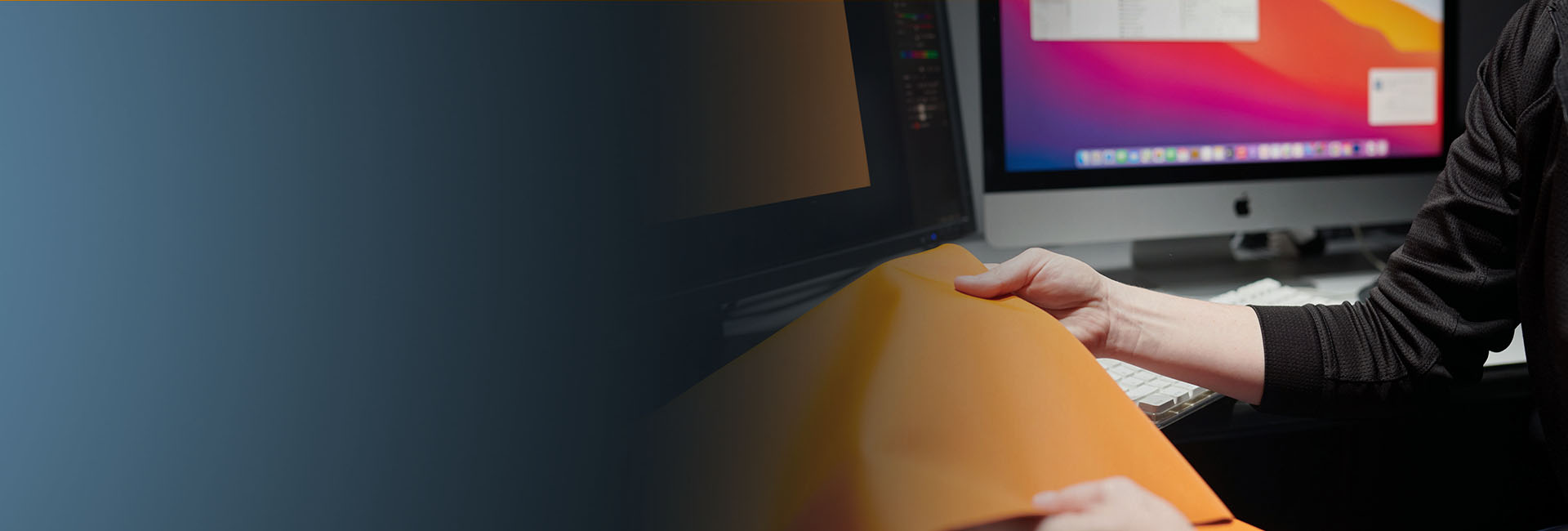Moving from Fluorescent to LED Light Booths for Color Evaluation: How the EU’s Ban Drives Innovation
The Future of Color Consistency: LED Lighting Solutions for Industry Standards For years, fluorescent bulbs have been a mainstay in industries requiring accurate color assessment, but their downsides are becoming increasingly hard to ignore. These lights require warm-up time and may distort color accuracy, both of which lead to production delays and translate into higher sample costs. More importantly, fluorescent bulbs contain hazardous materials like mercury, complicating their disposal...
Brands invest a great deal of time and resources when selecting a new color to represent their products. If the color doesn't match expectations after printing, runs are wasted, and everyone is left wondering where the color went wrong. Here's a typical scenario. A brand selects a season color for product packaging and communicates that color to the designer. The designer integrates the color into the design and hands it off to the premedia team to convert it into print-ready files. The files a...
The environmental footprint of fashion is out of control. According to the National Resources Defense Council (NRDC), “Textile mills generate one-fifth of the world's industrial water pollution and use 20,000 chemicals, many of them carcinogenic, to make clothes.” Fabric being dyed in factory. Image from NRDC.org. A Problem That Impacts Everyone Did you know it takes about 200 tons of water (enough to fill several swimming pools) to produce one ton of cott...
Color measurement is used to specify, quantify, communicate, formulate, and verify color quality for color critical work. Because everyone perceives color differently, color measurement is more precise than visual evaluation. How to Measure Color Wavelength To measure color, a color measurement device called a spectrophotometer shines light onto a sample and captures the amount of light that is transmitted or reflected in the 380 nm to 780 nm wavelength range, which is the wavelength rang...
Each year we enjoy looking back to see which blogs captured the most attention. Some make the top 10 list ever year, while others are a surprise. Here's what our readers found most interesting in 2020. Top 10 Blogs of 2020 #1 L*a*b* Color Values Like geographic coordinates – longitude, latitude, and altitude – L*a*b* color values give us a way to locate and communicate colors. Learn the history and uses of this popular color space. #2 &nbs...
COVID-19 has forced many companies to rethink the way they communicate, approve, and produce color. For some, that means trying to conduct “business as usual” from a remote location. For others, it means finding ways to manage color without travel. Either way, we know our customers are doing everything they can to sustain business while keeping their employees healthy and safe. We want to help. Over the past few months we’ve been adding new resources to our virtual resou...
Recently we had the opportunity to sit down with Laura Guido-Clark, a consumer products designer of color, material, and texture. She has been dubbed an “Experience Consultant,” which reflects her interest and study of human reactions to the look and feel of new products. Photo by Laura Flippen. We asked Guido-Clark to speak with us because we also appreciate the importance of color in our lives. Q. What inspired you to pursue a career in color? A. When I wa...
G7® is a proof-to-print process control method that allows you to reliably and efficiently match the visual appearance of the output from multiple printing devices. It works by defining the gray balance and NPDC curves in conjunction with the traditional method of measuring tonal value increase (TVI/dot gain) for each color. G7 can be applied to any type of printing, regardless of the type of ink or printing method, including all types of digital, offset, flexo, gravure printing. It&r...
Virtual reality has re-imagined the art of apparel and footwear design. 3D design programs like MODO, KeyShot, CLO, Browzwear, Optitex, and Lectra augment the creativity of color and material designers to virtually construct patterns and render realistic 3D garments. This is exciting technology for brands that want to reduce waste for a greener footprint and accelerate design to keep up with fast fashion. However, designers are notoriously tactile. They need to touch, feel, and gain a...
With so many requests for innovative bases, transparency, and special effects, formulating color for paint, coating, and plastic applications can be a challenge. To keep up, formulation software needs to be innovative, too. We recently launched version 10 of our Color iMatch formulation software, and it is our smartest version yet. It allows you to select cost-reducing parameters, such as lowest cost or fewest colorants, and will determine the best formula for your application. It work...



.jpg?h=350&la=en&w=700&hash=6B13107860AEFC9900E0C32B5DDDEEC61B4B5475)







